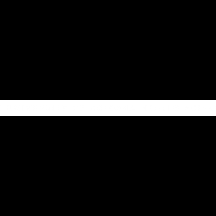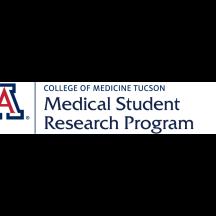Professor, Pharmacology and Toxicology
Professor, Neuroscience
Education:
- University of California, Berkely, 1972 (B.S., Zoology)
- University of California, Berkeley, 1975, (M.S., Nutritional Science)
- University of Arizona, 1981 (Ph.D.,Pharmacology & Toxicology)
- Howard Hughes Medical Institute/Duke University, 1981-1984 (Post-Doctoral, Biochemistry/Molecular Biology)
Honors and Awards:
- Roche Laboratories Award in Neuroscience, National Student Forum, Galveston, Texas 1979
- First Arizona Health Sciences Center Annual Student Biomedical Research Forum 1981
- National Research Service Award 1981-1983; 1983-1984
- Eli Lilly Pharmacology Award 1991
- Syntex Prize in Receptor Pharmacology 1992
Major Areas of Research Interest:
- Molecular cloning of G-protein coupled receptors: esp. "2-adrenergic, serotonin, PAF and prostaglandin subtypes
- Functional expression of cloned receptors in mammalian cell lines to study receptor/effector coupling and structure/activity relationships3. Use of recombinant DNA techniques to study receptor structure: such as construction and expression of chimeric receptors and fusion proteins
- Preparation of anti-receptor antibodies to study receptor structure and localization
Student Opportunities Through Research:
- Experience with molecular biological and recombinant DNA methodologies
- Interesting projects with relevance towards understanding basic molecular mechanisms of drug/receptor interactions and potential clinical application
Selected Publications:
Chen XB. Regan JW. Activation of the human FP prostanoid receptor disrupts mitosis progression and generates aneuploidy and polyploidy. Cellular & Molecular Life Sciences. 63(1):112-21, 2006.
Fujino H. Regan JW. EP(4) prostanoid receptor coupling to a pertussis toxin-sensitive inhibitory G protein. Molecular Pharmacology. 69(1):5-10, 2006.
Fujino H. Salvi S. Regan JW. Differential regulation of phosphorylation of the cAMP response element-binding protein after activation of EP2 and EP4 prostanoid receptors by prostaglandin E2. Molecular Pharmacology. 68(1):251-9, 2005.
Fujino H. Vielhauer GA. Regan JW. Prostaglandin E2 selectively antagonizes prostaglandin F2alpha-stimulated T-cell factor/beta-catenin signaling pathway by the FPB prostanoid receptor. Journal of Biological Chemistry. 279(42):43386-91, 2004.
Sponsored Research Through MSRP:
Peter Chase, (AHA FELLOWSHIP, 1991-1992): "Receptors for platelet activating factors in bronchial smooth muscle."
Wednesday, March 7, 2018

